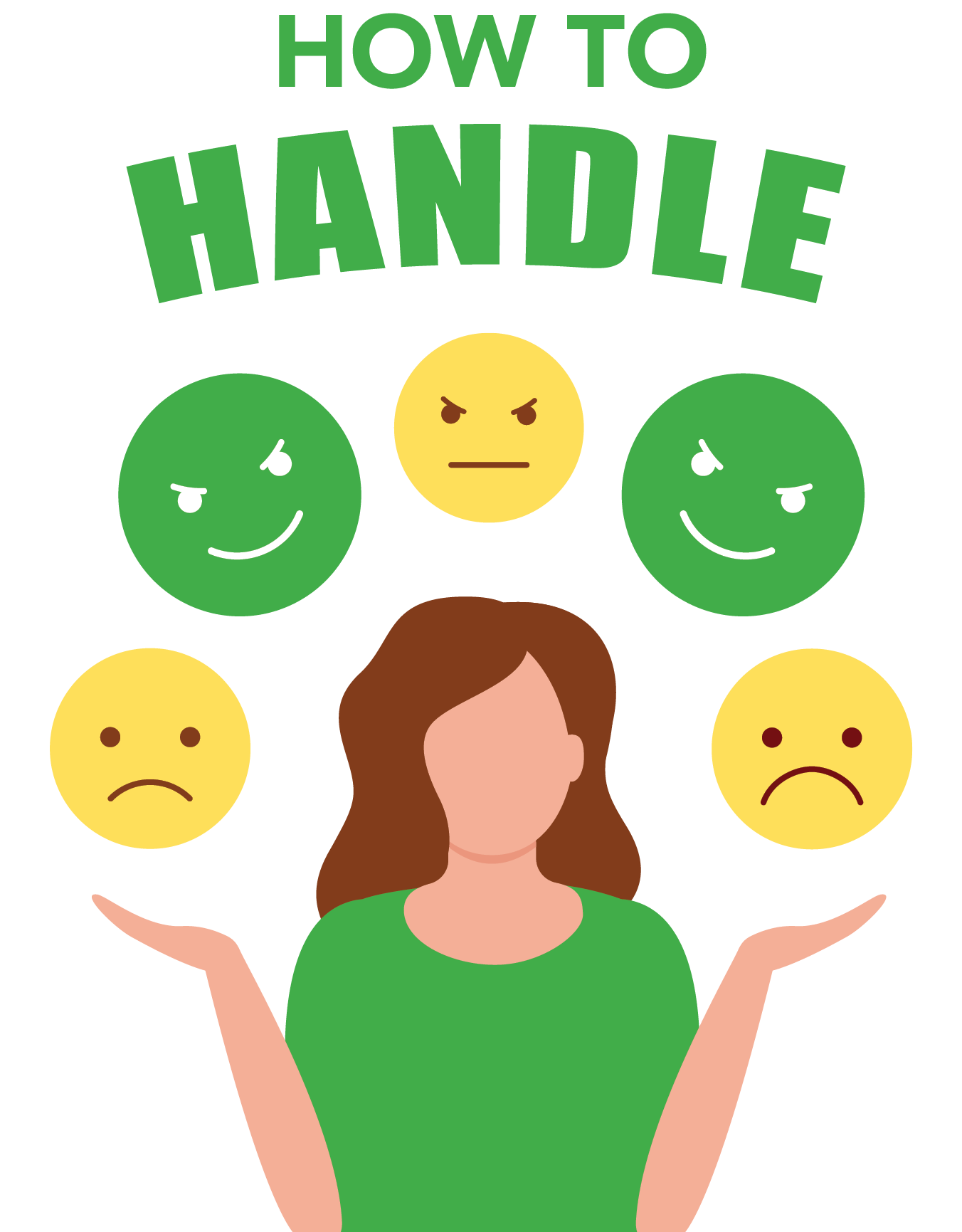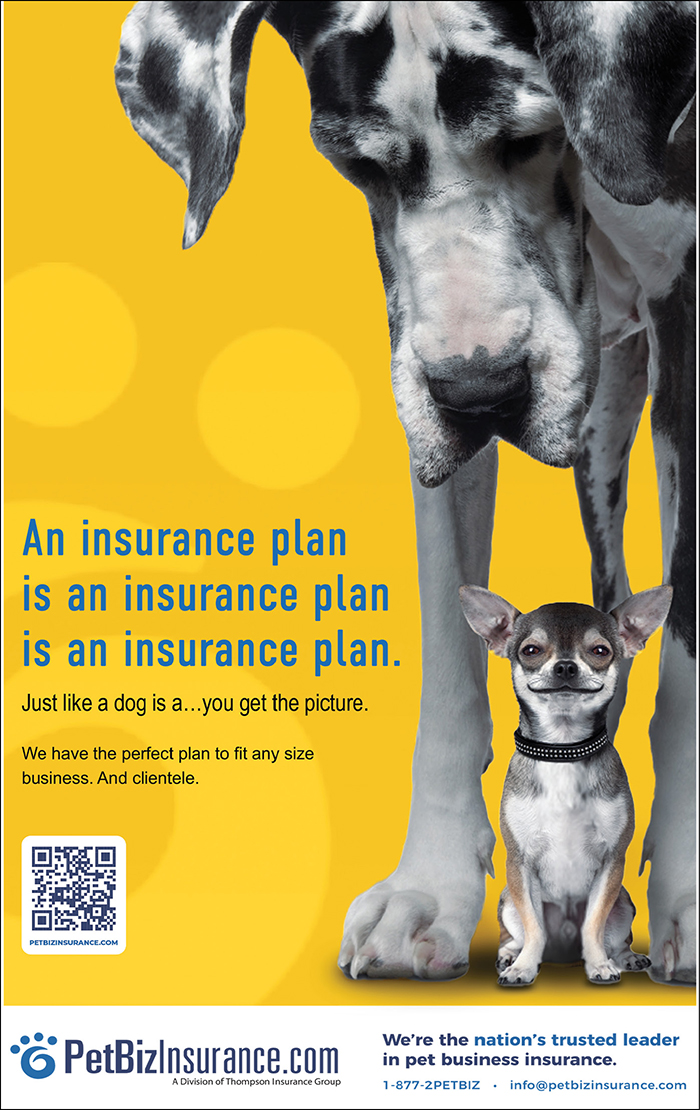

 ealing with uncivil behavior on the job is more than just “drama” between two individuals. Drama is for TV shows; what is happening in the workplace is downright incivility and it impacts the entire team.
ealing with uncivil behavior on the job is more than just “drama” between two individuals. Drama is for TV shows; what is happening in the workplace is downright incivility and it impacts the entire team.
Even with all these people involved, incivility may go unnoticed…or rather, uncorrected. Some people don’t want to complain; they put up with it and go about their day. Others are never identified because they are good actors; they know how to kowtow, or “bootlick,” and put on a good show while reserving their bad behavior for less conspicuous times. There is always the chance that management is oblivious to their surroundings…or that management is the source of the incivility. The best course of action is for the business to put a plan in place so team members know the steps to take and can feel confident in taking those steps to remedy the challenging situation.
 The “Face” Of Incivility
The “Face” Of Incivility
The following are examples, ranging from subtle to unfair to outright illegal: 1, 2, 3
- Rolling eyes, giving somebody a “dirty look”
- “Forgetting” to share credit
- Speaking with a condescending tone or using biting, sarcastic comments
- Interrupting the person
- Withholding important client or patient information
- Sabotaging a project or damaging someone’s reputation
- Not answering calls or responding to text messages in a timely manner
- Sending nasty or demeaning notes
- Talking about someone behind his/her back
- Making accusations about professional competence
- Giving public reprimands
- Emotional tirades
- Giving the silent treatment
- Playing favorites
- Enforcing consequences inconsistently
- Making jokes that rely on stereotypes
- Bullying
Do you remember hearing or seeing any of those behaviors? Any chance you are guilty of some of those behaviors? Incivility can creep into any team, and everyone on the team needs to understand that.
 Knowledge is Powerful
Knowledge is Powerful
Several different factors cause incivility, including, but not limited to, overloaded work duties, fear of talking to the supervisor, stresses in home and family life, low morale among the team, pay cuts or freezing pay, changing managers and cultural differences. Knowing common precipitating factors will help supervisors and team members to be on the lookout for instances of incivility before it becomes part of the business culture.
Consider the impact if a lodging attendant asks about medication and diet requirements for a pet and receives the uncivil behavior of rolling eyes and being asked if they are incapable of reading instructions. Communication is shut down, and the lodging attendant is left without answers and will attempt to make a decision that may be incorrect due to a lack of information. Coaching the team member to deal with that situation properly is as easy as giving them a few communication tools.
 Tools to Combat Incivility
Tools to Combat Incivility
The first step in addressing incivility begins when someone is hired. Each team member must accept responsibility for interpersonal relationships with one another. Uncivil behaviors must be clearly defined in the employee handbook; a code of conduct, zero-tolerance policy for intimidating behaviors, nonretaliation clause for reporting uncivil behavior, a standard complaint procedure and consequences. From there, training and coaching become important steps.
Supervisors must receive leadership training. The training should include topics such as business policies and procedures, communication styles, conflict and resolution, and common manager errors to avoid. When dealing with an employee’s complaint of uncivil behavior, a supervisor should be educated on common pitfalls he/she must avoid, such as rushing to judgement, choosing sides, dismissing the complaint as silly, making excuses for the perpetrator, joking about it or discussing it with others. An unprepared supervisor is of no help when a conflict situation arises, and his/her reaction (or lack thereof) leads to continued frequency of uncivil behavior. A well-prepared supervisor can now educate the team.
Team-building sessions to build trust, training on recognizing and responding to workplace incivility, and simulation exercises to model positive interactions will go a long way in creating a culture that quickly identifies and mitigates uncivil behavior among team members. Teach communication skills for different situations by presenting a situation and then discussing potential triggers and potential actions that can be taken. Include in the training the use of “I” statements instead of “You” statements (e.g., I find it very difficult to take care of the lodging pets when care instructions are confusing, and I worry that the pets will be harmed). Other tools are de-escalation strategies, how to set boundaries, knowing what to do when incivility crosses the line and knowing what help is available.
Avoiding the “drama” of incivility at work requires efforts by employees, supervisors and business owners. It requires training on the ability to cope with and respond to workplace incivility effectively. In the end, both the humans and the pets will come out winners.
References:
1. Incivility in the Workplace. Solution Services. https://www.ssihr.com/incivility-in-the-workplace/
2. 5 Common Examples of Workplace Incivility: What To Do About Negative Behavior. Eli Inc. https://www.eliinc.com/five-common-examples-workplace-incivility/
3. Workplace Incivility on the Rise: Four Ways to Stop It. HR Exchange Network. https://www.hrexchangenetwork.com/hr-talent-management/articles/workplace-incivility-on-the-rise-four-ways-to-stop


